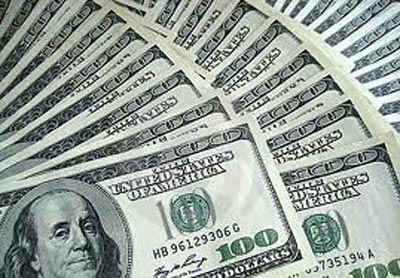Wednesday, 26 August 2015 10:40
 TOKYO: The dollar ticked up against the yen on Wednesday as Chinese authorities moved to shore up the world’s number two economy and reverse a global stock market bloodbath.
TOKYO: The dollar ticked up against the yen on Wednesday as Chinese authorities moved to shore up the world’s number two economy and reverse a global stock market bloodbath.
In Tokyo, the dollar changed hands at 119.36 yen, up from 118.84 yen in New York late Tuesday.
Fears over slowing growth in China have pushed investors into the yen — a safe haven during times of turmoil — sending the dollar tumbling to 116.18 yen this week, its lowest level since February.
Also on Wednesday, the euro rose to $ 1.1522 and 137.53 yen, up from $ 1.1518 and 136.87 yen.
China on Tuesday cut interest rates and lowered how much cash banks must hold for the second time in as many months in the latest effort to stem an equities rout that began in June.
Asian stocks staged a wobbly recovery in the wake of the moves, after US stocks finished lower for the sixth straight session Tuesday, with the Dow posting another triple-digit decline after a morning rally fizzled.
“China did what the market was looking for by easing policy, but it appears that the markets want more. Thanks, but we are not quite happy yet,” National Australia Bank said in a commentary.
The recent market turmoil has sparked speculation that the Federal Reserve will delay lifting its benchmark federal funds rate from the zero level, where it has been parked since the 2008 financial crisis to support the US economy’s recovery.
Analysts’ predictions the Fed would raise interest rates in September have faded and some now think the central bank may decide to wait until 2016. A rate rise is a plus for the dollar.
On Wednesday, the Australian dollar led declines in the currencies of commodity producing nations amid concerns about China, a major importer of raw materials, with the Aussie declining to 71.08 US cents from 73.05 US cents in Tuesday Asian trade.
“The markets view yesterday’s move as insufficient — too little and too late,” Nizam Idris, the Singapore-based head of foreign exchange and fixed-income strategy at Macquarie Bank, told Bloomberg News.
“There will be a lot of volatility. The two policy uncertainties — one in China and the other one in the US — will likely continue to weigh on emerging-market, as well as Antipodean currencies, including the Aussie.”



























